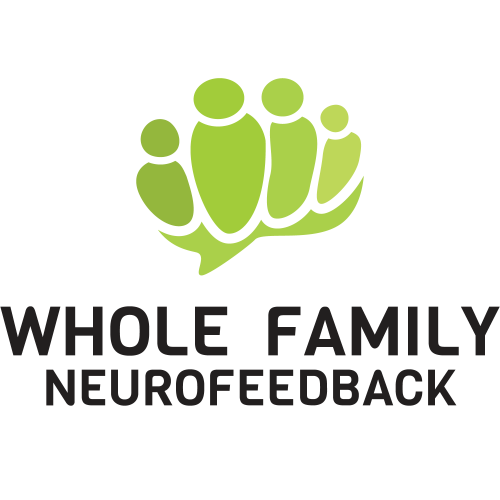Book Review and Commentary
Depression always makes sense. And so does anxiety.
If you have been told that your suffering is caused by a chemical imbalance your brain, or that it’s all in your genes, you have been told wrong.
In his compelling, if not disturbing investigation of the top research and thinking on depression and anxiety all over the world, journalist Johann Hari discovers at least 9 legitimate reasons people suffer in with depression and anxiety. Skeptical at first, Hari begins to learn that depression and anxiety are normal reactions to real problems. Specifically, Hari learns that depression and anxiety show up when we are disconnected socially and from family, when we are disconnected from nature, from meaningful work, from our core values, from a sense of safety and security, from childhood or life traumas, and much more. These disconnections precipitate depression and anxiety. In study after study, a causal effect is demonstrated.
He explores how and why people started believing that depression and anxiety were caused by a chemical imbalance, and he reveals the role big pharma has played in perpetuating this belief. “It’s simply not true,” writes Hari. Do depression and anxiety impact the brain? Yes. But the idea that something is chemically imbalanced in your brain and is therefore causing your symptoms is simply a theory that has been promoted by pharmaceutical companies in order to sell antidepressants. There is no evidence for this. There is a mountain of evidence suggesting that depression and anxiety occur as natural reactions to painful, terrible, dehumanizing events and situations.

Yeah. I know. A few deep breaths perhaps? There’s more.
There is also, startlingly, no evidence that antidepressants have much effect at all. Compared to placebo groups, antidepressants seem to have very little positive impact…but very many side effects. The normal experience for folks taking antidepressants is to feel an initial bump, then to need a higher dose or a different drug a few months later. This is the very description of the placebo effect.
Take a minute to check out Hari’s book. It’s well worth the time and effort, and drop us a line about what you think. We would love to hear from you!

